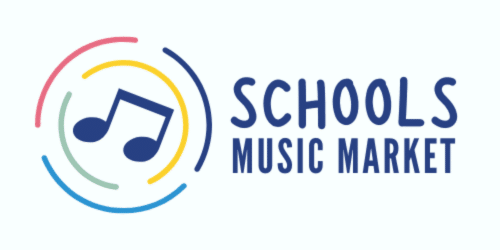In the realm of music education, the art of music writing holds a unique place, offering students a pathway to explore their creativity and express themselves through composition. Despite its significance, music writing is sometimes undervalued in school curricula. However, integrating music writing into educational programs provides numerous benefits beyond mastering instruments or singing. Let’s delve into why teaching music writing in schools is crucial for nurturing creativity, expression, and overall student development.
What are the benefits of teaching music writing?
1. Cultivates Creative Expression:
- Music writing empowers students to unleash their creativity by crafting original compositions that reflect their thoughts, emotions, and experiences. It provides a platform for students to express themselves in a unique and personal way, fostering individuality and artistic expression.
2. Develops Critical Thinking Skills:
- Composing music requires students to think critically about musical elements such as melody, harmony, rhythm, and structure. Through the process of music writing, students analyze, evaluate, and make decisions about how to effectively convey their musical ideas, enhancing their problem-solving abilities.
3. Encourages Collaboration and Communication:
- Collaborative music writing projects encourage students to work together, share ideas, and communicate effectively. By collaborating with peers, students learn to negotiate, compromise, and express their musical intentions, fostering important interpersonal skills essential for success in various contexts.
4. Deepens Music Literacy:
- Engaging in music writing deepens students’ understanding of music theory, notation, and composition techniques. It reinforces concepts learned through playing instruments or singing, enhancing students’ music literacy and fluency in interpreting and creating music.
5. Boosts Self-Confidence and Self-Esteem:
- Successfully crafting music compositions and witnessing their creations come to life can boost students’ self-confidence and self-esteem. The sense of accomplishment derived from creating something original and meaningful contributes to positive self-perception and belief in one’s abilities.
6. Explores Cultural Diversity:
- Music writing provides a platform for students to explore different musical styles, genres, and cultural traditions. Through composing music, students gain an appreciation for diverse musical practices and develop cultural awareness and sensitivity.
7. Integrates with Multiple Subjects:
- Music writing facilitates interdisciplinary connections with subjects such as history, literature, and technology. Composing music based on historical events, literary themes, or scientific concepts encourages cross-curricular learning and reinforces connections between different areas of study.
8. Fosters Lifelong Appreciation for Music:
- By engaging in the process of music writing, students develop a deeper understanding and appreciation for music as an art form. Whether they pursue music professionally or as a hobby, the experience of composing music nurtures a lifelong love and appreciation for musical expression.
Incorporating writing into school curricula provides students with a creative outlet for self-expression, enhances critical thinking skills, fosters collaboration and communication, deepens music literacy, boosts self-confidence, explores cultural diversity, integrates with multiple subjects, and nurtures a lifelong appreciation for music. By teaching writing music in schools, educators empower students to become not only skilled musicians but also creative thinkers and expressive individuals.
For resources to support your music classroom click here to browse the full list.



